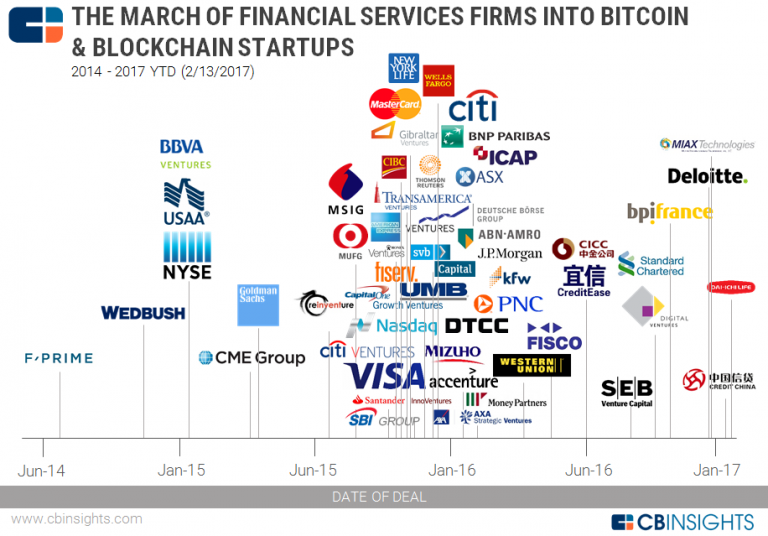One of the most crucial aspects of blockchain technology is that data is decentralised, with information shared across a peer-to-peer network. Each block contains transaction information and a time stamp. Blocks are also permanent and cannot be altered without consensus from the entire network and without altering all subsequent blocks.
Tracking Luggage
Blockchain technology can be extremely valuable for tracking the movements of luggage, especially when dealing with international travel. In many cases, a customer’s luggage changes hands multiple times over the course of their journey. Using a decentralised database makes sharing tracking data between companies a lot easier.
BeeToken / Beenest
One of the most innovative current uses of Blockchain is the BeeToken or Beenest home-sharing platform. Here, the technology is used to put customers in touch with hosts, so that they can arrange and pay for stays. Again, there is no commission, while payment, reputation and arbitration protocols are all in place, keeping users safe.
ShoCard & SITA
A collaborative project from ShoCard & SITA has seen blockchain put to use in terms of identity management. Although still in its infancy, it is hoped that the platform will soon pave the way for a decentralised ID database, using a standard format, to allow travel companies to verify customer identification quickly and easily.
Sandblock: Improving Loyalty’s Fungibility
In the hyper-competitive travel and tourism industry, loyalty rewards have gone through several iterations, but only the most recent offers a real departure thanks to blockchain.
Many frequent travelers belong to airline and hotel loyalty programs. However, spending points and miles often means jumping through multiple hoops to redeem rewards. Furthermore, despite high rates of participation in loyalty programs, many customers report a willingness to accept better deals from competing carriers and service providers if the price is right.
New entrant Sandblock is looking to radically change the loyalty landscape with its blockchain-based platform. The company’s system enables travel providers to create their own loyalty tokens, which can be exchanged not just for brand-specific rewards, but be used like real coins and even exchanged for fiat.
Users can also apply their tokens to redeem rewards across a variety of services beyond the company that awarded them, and can earn more by being an active participant in the community. For businesses, the reward is better data and transparency, and an ecosystem that actually returns value to them thanks to improved targeting and happier consumers.
More examples at Blockchain use case in travel industry – LeewayHertz Blockchain Developers.
